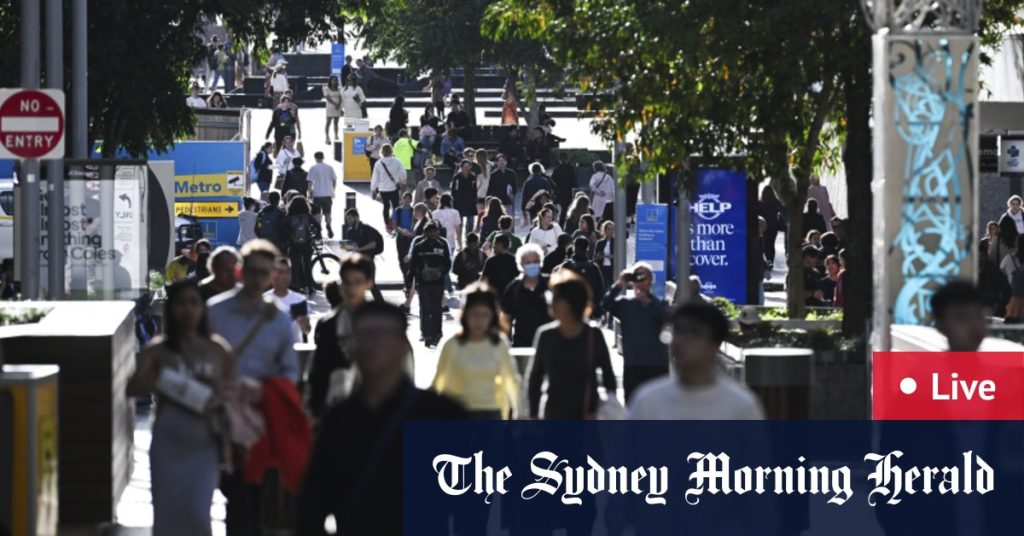The Albanese government in Australia has established a parliamentary inquiry into nuclear power as a move to attack Opposition Leader Peter Dutton’s energy policy. The inquiry, to be conducted by a House Select Committee dominated by Labor MPs, comes just before the upcoming federal election. The focus of the inquiry is to establish facts to ensure a secure future for Australia’s energy needs, as stated by Labor MPs participating in the inquiry.
Peter Dutton has proposed building seven nuclear plants from 2035 on the sites of coal-fired power stations, using public investment to fund construction. Dutton believes that nuclear power is a necessary part of a balanced energy mix and argues that the government’s focus on renewable energy is too risky. However, he has been criticized for not providing details on the number of reactors to be installed, limitations on renewable energy, and the overall cost of the plan.
Energy Minister Chris Bowen has criticized Dutton’s plan, referring to it as the “risky reactors” plan that is expensive, time-consuming to build, and too late to be beneficial. Bowen argues that nuclear power is unnecessary and that the focus should be on renewable energy sources instead. The committee established to investigate nuclear power in Australia will be chaired by Hunter MP Dan Repacholi, whose electorate has been chosen by Dutton to host a nuclear plant.
The debate over nuclear power in Australia highlights the ongoing divide between the government and opposition on energy policy. While Dutton believes that nuclear power is necessary to back up intermittent renewable energy sources, the Labor Party and Energy Minister Chris Bowen argue that renewable energy is the way forward. The parliamentary inquiry will likely shed light on the costs, benefits, and risks associated with nuclear power, providing valuable information for future energy policy decisions.
The timing of the parliamentary inquiry, just before the federal election, suggests that energy policy will be a key issue on the political agenda. The inquiry will allow for a closer examination of Dutton’s nuclear power plan and provide an opportunity for different perspectives to be presented and debated. The outcome of the inquiry and the subsequent discussions may have significant implications for the future of Australia’s energy sector and the country’s overall energy security.
Overall, the establishment of a parliamentary inquiry into nuclear power in Australia reflects the ongoing debate and division surrounding energy policy. With differing views on the necessity and viability of nuclear power, the inquiry will play a crucial role in informing future policy decisions. The focus on establishing facts and ensuring a secure energy future for Australia underscores the importance of this issue on the political agenda, especially in the lead-up to the federal election.


